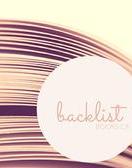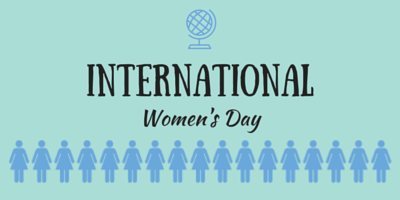
Happy International Women's Day! Not that it needs much explanation, but today is a day to celebrate women's accomplishments, honor the women who have made a difference in our world, and consider the work that still needs to be done for women around the world.
That women (along with pretty much every marginalized group) have historically been under-represented in literary circles is common knowledge. Many female authors wrote under male pseudonyms to be taken seriously as authors of a particular genre traditionally considered "masculine" (detective fiction, for example), others were advised to drop their full names and use initials an androgenize themselves for a wider audience.
Obvious examples are now among the classics, but the practice has continued - particularly for women writing crime and science fiction. Here are some notable examples of women who wrote with male pen names:
Charlotte, Emily and Anne Bronte
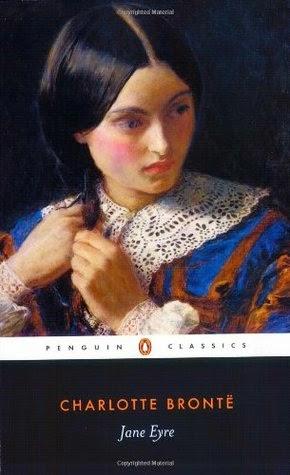
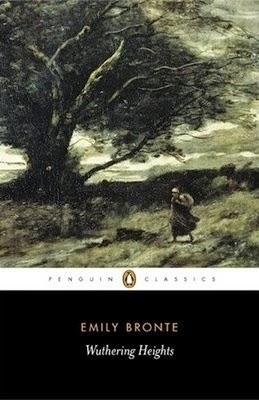
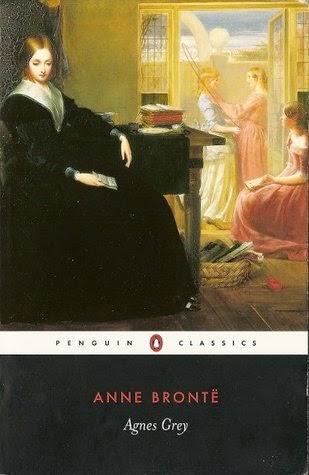
This well-known trio of sisters and authors first wrote and published under the pen names Curer, Ellis and Acton Bell, respectively. They did include their real names in some volumes, but used the pseudonyms to crack open the door to authorship in a time when women writers weren't published or read widely.
George Elliot
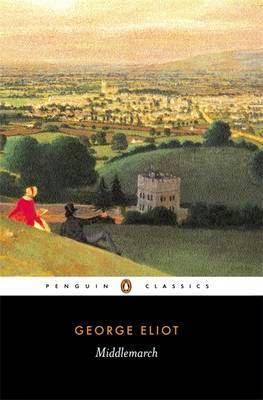
Whose real name was Mary Ann Evans. Writing in a time when female authors were seen as suited only to romance novels, Evans wrote on the predominantly male realms of politics and psychology. Desiring to be taken seriously in her subject area, she went so far as to publish an essay tearing down the frivolous writings of women to allay any potential suspicions of her true gender.
James Tiptree Jr.
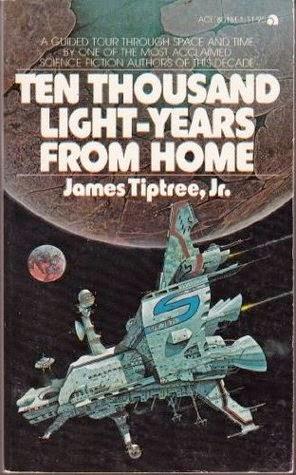
The pen name of Alice Bradley Sheldon, who rose to prominence as an author of science fiction before her true gender was revealed (causing some embarrassment to those who had claimed her works must be the work of a male author). She wrote from a feminist perspective, but her true gender wasn't suspected until its revelation.
Andy Stack
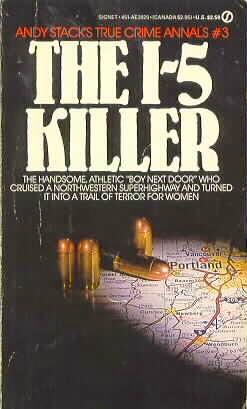
The pseudonym of mystery writer Ann Rule, another example of an author who took a male pseudonym to gain an audience in a traditionally male field of literature.
In addition to taking on male pseudonyms, many authors have either chosen (or been encouraged by publishers) to create vagueness in their names by using androgynous first names or only initials. For many authors, getting published is paramount - and they'll do it under any name that will get their work out there. Some prominent examples:
Harper Lee
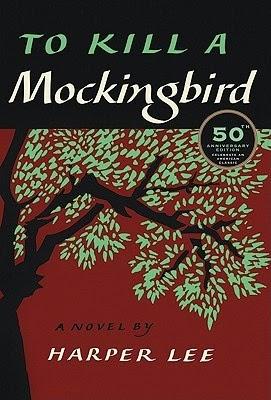
Whose full name is Nelle Harper Lee. I don't think she dropped the "Nelle" to pass as male, but the result was a non-gender-specific name, which may have helped her work appeal to male readers.
J.D. Robb
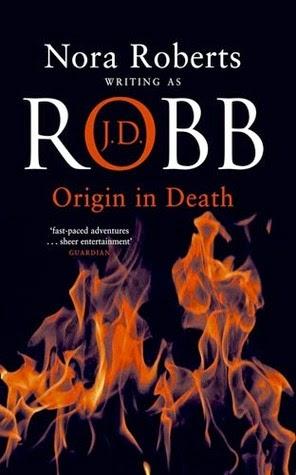
The pen name of the author best known as Nora Roberts (though her real name is Eleanor Robertson). Having established a reputation as an author of romance novels, Roberts used a pseudonym to disguise her identity when she decided to try her hand at detective fiction.
P.L. Travers
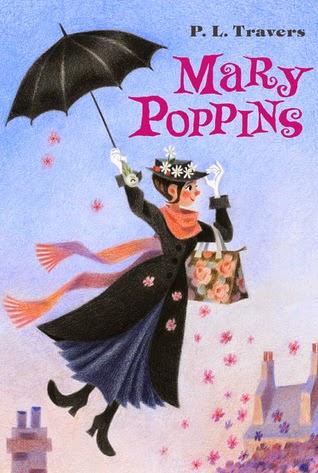
Pamela Lynden Travers, author of the childhood classic (and its sequels), Mary Poppins.
J.K. Rowling/Robert Galbraith
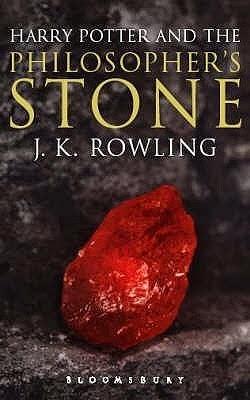
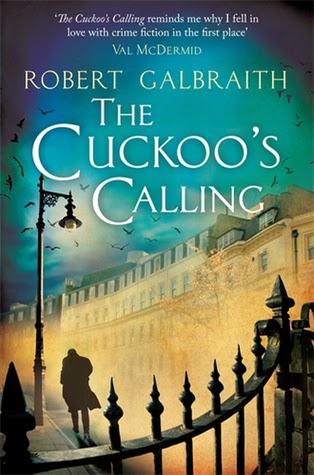
Author of the infamous Harry Potter books, whose real name is Joanne Rowling, she agreed to using initials to get her work published. She subsequently published under the male pseudonym, Robert Galbraith when she decided to foray into adult detective fiction - ostensibly because she wanted to "channel her inner bloke" and attempt writing with a male voice. She also has been quoted as saying that she wanted to see whether she could attain success in a new genre on her work's merit rather than because of the fame attained by her Harry Potter books.
We all know that the classics are dominated by white, male authors. But it's tempting to feel like sexism is a thing of the past, particularly when it comes to the literate world we love. Surely a community that is primarily concerned with representing our world and presenting views of humanity should be the place that most represents all facets of the human experience, shouldn't it?
Unfortunately, when we look at the numbers, this isn't the case. Despite an uptick in female representation in prominent book publications in the past couple of years (The Paris Review, Granta), sliced pretty much any way - award nominees, bestseller lists, overall publication - men still dominate the literary world.
The few breakaway success stories - J.K. Rowling, E.L. James, Stephanie Meyer and Gillian Flynn - mainly serve to underline that they are the exception rather than the rule. We're heading in the right direction, but we're not anywhere near there yet.
These are important realities to be aware of, if for no other reason than that they represent a much wider issue - that of women's place in society as a whole. Being aware of this also allows us to actively consider our reading and book-buying habits, and that which books we choose to read and review impacts the gender gap. Campaigns like #ReadWomen2014 help to spread the message, and get a wider audience adding female authors to their reading lists and bookshelves. Is it enough? Probably not. But it's a step in the right direction.
So, for International Women's Day, take a few minutes to consider your reading habits. Do you make an effort to read books by and about women? If not, maybe today is a good opportunity to head down to your local bookstore and pick up a few books by female authors (maybe even some lesser-known ones). Plus, you know, any excuse to buy more books, right? Right.
Further reading:
- Research shows male writers still dominate books world - The Guardian
- Famous female authors who have used male pen names - Destination Femme
- A brief history of female authors with male pen names - Mashable
- Readers prefer authors of their own sex, survey finds - The Guardian
- Gender genre - The New York Times Sunday Book Review
- Will #ReadWomen2014 change our sexist reading habits? - The Guardian
- The VIDA count 2013 - VIDA Women in Literary Arts
- Authors work to reveal hidden gender bias - The Boston Globe
- When it comes to women's writing, how do publications stack up? - NPR Books
